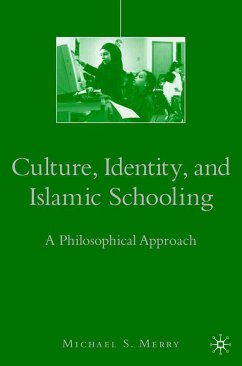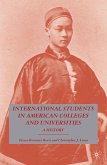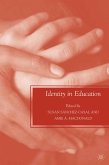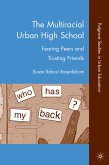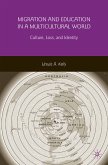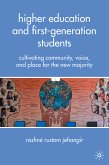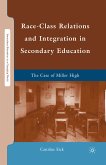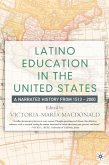Dieser Download kann aus rechtlichen Gründen nur mit Rechnungsadresse in A, B, BG, CY, CZ, D, DK, EW, E, FIN, F, GR, HR, H, IRL, I, LT, L, LR, M, NL, PL, P, R, S, SLO, SK ausgeliefert werden.
Hinweis: Dieser Artikel kann nur an eine deutsche Lieferadresse ausgeliefert werden.
"Especially since 9/11, the West has experienced a desperate need to better understand the Islamic world. In this balanced but critical study, Michael S. Merry tackles the highly controversial issue of identity formation and the education of Muslim children in non-Muslim or even anti-Muslim cultures. In accessible language, Merry articulates the philosophical and political underpinnings of Islamic schooling and then confronts these with the empirical practices of the US, the Netherlands, and Belgium. He not only presents a fully substantiated analysis of the pros and cons of Islamic schooling but also places this analysis within the wider context of the demands and rights of parents, the position of the child, religious education in general, and the obligations of the democratic state for the future of its children. This thought-provoking book is a must for the international audience of educators, policymakers, religious scholars, and philosophers interested in schooling and Islam." - Geert Driessen, Senior Educational Researcher, Radboud University Nijmegen
"This book is a critical defense of the possibility of religious schooling, ingeneral, and Islamic schooling, in particular that is consistent with the tenets of multicultural, liberal democracy. It is well written, thoughtful, well argued and timely given the current interest in Islamic education, Muslim immmigration, and tensions between Islam and democratic societies. Since it is largely a philosophical argument about rather perennial tensions between religious schools and liberal democracy, it is likely to have a longer shelf life than more empirical studies." - Jeffrey A. Milligan, Florida State University

